How the Hostage Deal Splits the Israeli Government

The proposed hostage deal with Hamas, which Israel hopes will end the conflict, faces opposition from far-right allies of Prime Minister Benjamin Netanyahu.

The proposed hostage deal with Hamas, which Israel hopes will end the conflict, faces opposition from far-right allies of Prime Minister Benjamin Netanyahu.
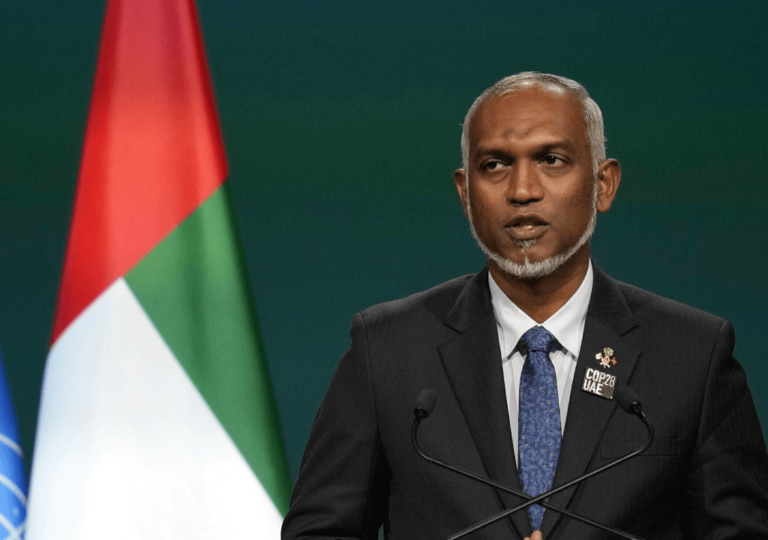
Maldives bans Israeli tourists amid Gaza conflict, risking economic consequences and diplomatic tensions with the West.
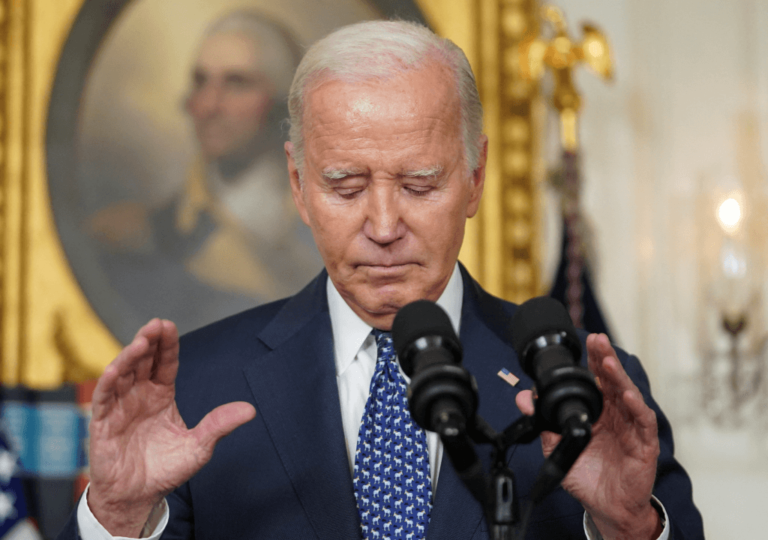
Israel's war on Gaza continues, with the US now working seriously towards a ceasefire, facing humiliation due to its weakened power over Israel and commitment to human rights.
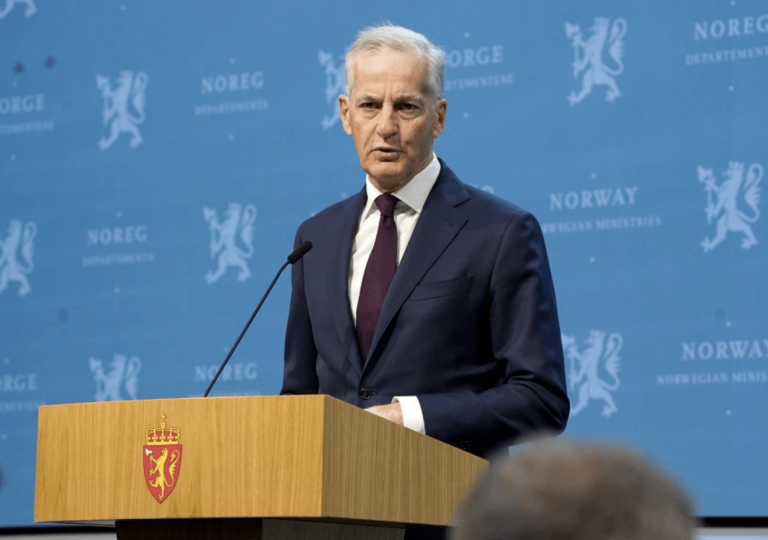
Three European countries recognize Palestine, challenging Israel's stance on the conflict.
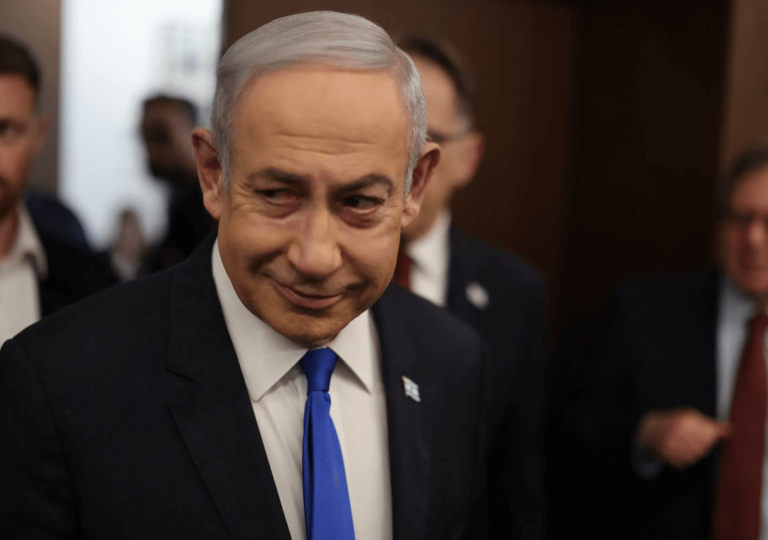
ICC demands arrest of Israeli leaders for war crimes in Gaza, sparking global debate and potential sanctions.
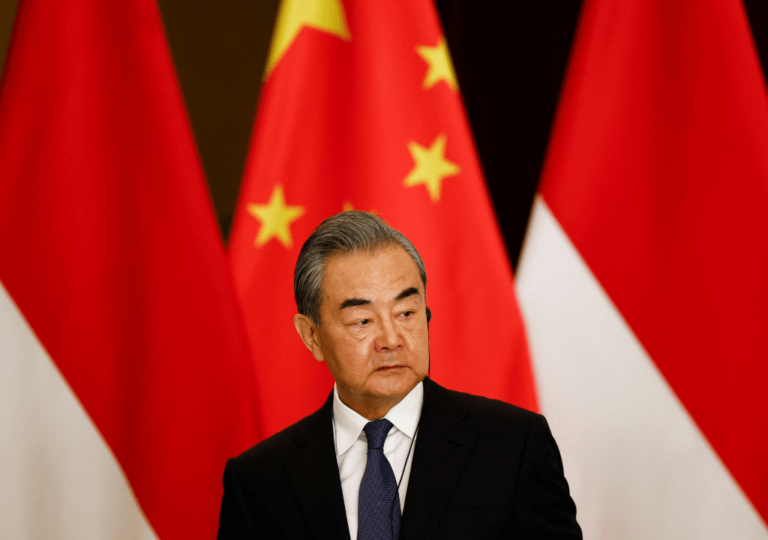
China emerges as a significant player in mediating the Israel-Palestine conflict, aiming to reconcile Palestinian factions and establish a recognized Palestinian state.
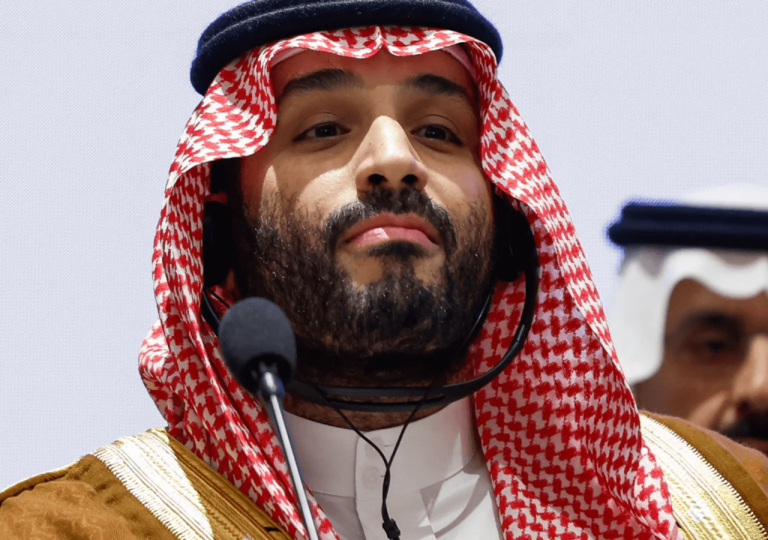
Saudi Arabia strategically navigates its alliance with the US amidst the Israel-Palestine conflict, aiming to secure favorable terms while excluding Israel from key agreements.
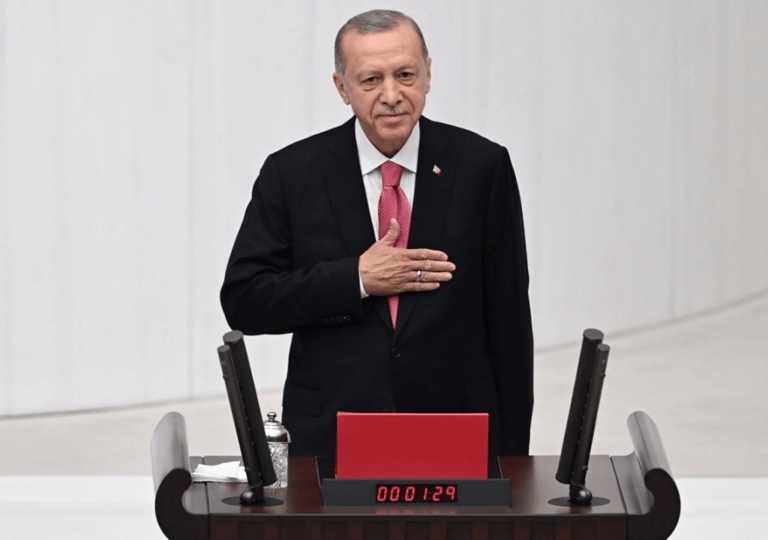
Turkey halts trade with Israel, a bold move against Israel's actions in Gaza, as Erdogan seeks political gain.

Global Muslim solidarity for Palestine, seen in rallies and protests worldwide, reflects shifting dynamics. Western nations show heightened support, contrasting with subdued responses in the Middle East and South Asia.

Despite fears of war, global powers urge restraint to prevent catastrophic consequences. Recent drone attacks and missile strikes highlight the delicate balance between these nations, with potential involvement of allies like Russia and China.